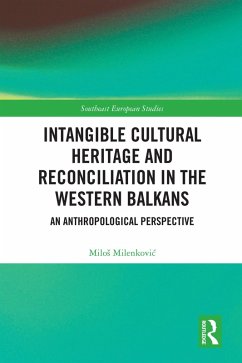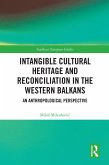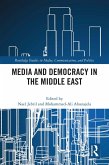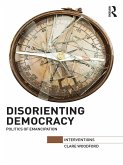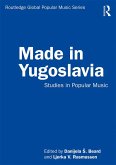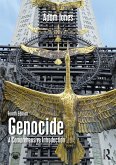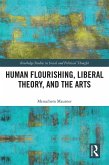Dieser Download kann aus rechtlichen Gründen nur mit Rechnungsadresse in A, B, BG, CY, CZ, D, DK, EW, E, FIN, F, GR, HR, H, IRL, I, LT, L, LR, M, NL, PL, P, R, S, SLO, SK ausgeliefert werden.
- Lucas Lixinski, Professor at the Faculty of Law & Justice, UNSW Sydney
"This is a timely book and a brave one, attempting to overcome the contrast, and occasional conflict, between ethnology and anthropology in Eastern Europe. Drawing on extensive fieldwork from the Western Balkans and engagement with policymakers and NGOs, Milenkovic argues that the two sister disciplines are complementary rather than in competition. His refreshing and original view on intangible cultural heritage has the potential to enrich both disciplines, and could have an impact on policy and ideology at this time of neo-nationalism and polarization. Although the book has a regional focus, the message is relevant for comparative analysis and anthropological theory, and it deserves a wide readership."
- Thomas Hylland Eriksen, University of Oslo

